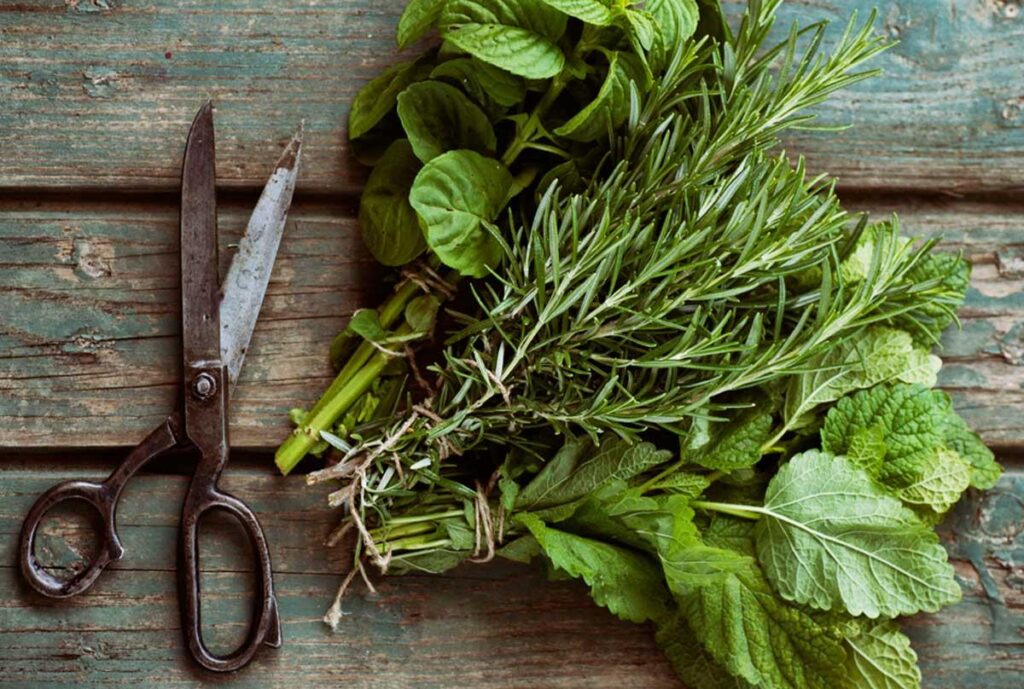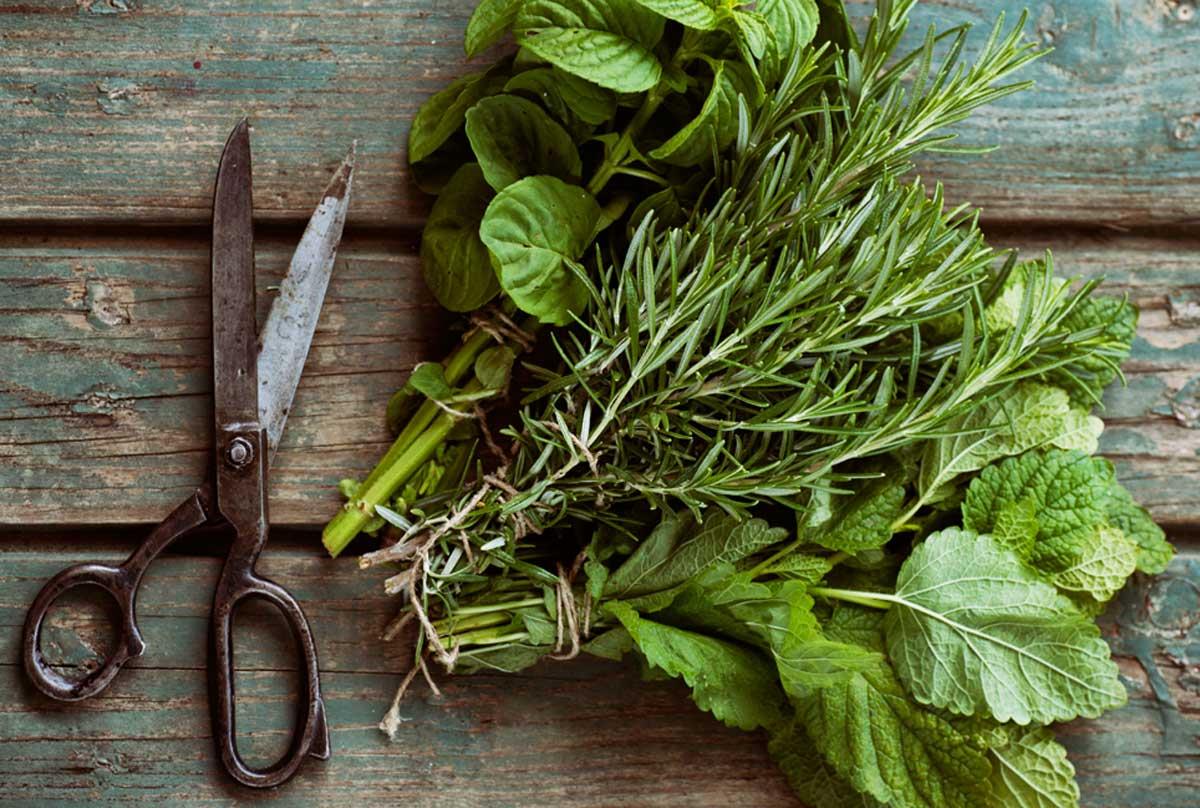
Herbs for Acne: A Natural Approach to Clearer Skin
Acne, a common skin condition affecting millions worldwide, can be a source of frustration and self-consciousness. While conventional treatments like topical creams and oral medications are widely available, many individuals are increasingly turning to natural remedies, particularly herbs for acne, as a complementary or alternative approach. This article explores the potential benefits of using herbs for acne, examining their properties, applications, and scientific backing.
Understanding Acne and Its Causes
Before delving into the world of herbs for acne, it’s crucial to understand the underlying causes of this persistent skin condition. Acne primarily arises from a combination of factors:
- Excess Sebum Production: Overactive sebaceous glands produce excess oil (sebum), which can clog pores.
- Clogged Pores: Dead skin cells and sebum accumulate within hair follicles, creating a breeding ground for bacteria.
- Bacterial Infection: Cutibacterium acnes (formerly Propionibacterium acnes) is a bacterium that thrives in clogged pores, leading to inflammation and breakouts.
- Inflammation: The body’s immune response to bacterial infection causes inflammation, resulting in red, swollen pimples.
- Hormonal Fluctuations: Hormonal changes, particularly during puberty, menstruation, and pregnancy, can trigger increased sebum production and acne flare-ups.
Other factors such as genetics, diet, stress, and certain medications can also contribute to the development of acne.
The Role of Herbs in Acne Treatment
Herbs for acne offer a multifaceted approach to addressing the various factors that contribute to acne development. Many herbs possess properties that can help reduce inflammation, fight bacteria, regulate sebum production, and promote skin healing. Here are some commonly used herbs for acne and their potential benefits:
Tea Tree Oil
Tea tree oil is a well-known essential oil derived from the leaves of the tea tree (Melaleuca alternifolia). It contains terpinen-4-ol, a compound with potent antimicrobial and anti-inflammatory properties. Studies have shown that tea tree oil can effectively reduce acne lesions and inflammation. It’s typically applied topically in diluted form.
Aloe Vera
Aloe vera is a succulent plant with gel-filled leaves known for their soothing and healing properties. The gel contains compounds that can reduce inflammation, promote wound healing, and moisturize the skin. Aloe vera can be applied topically to acne-prone skin to calm inflammation and speed up the healing process. [See also: Aloe Vera for Skin Health]
Calendula
Calendula, derived from marigold flowers (Calendula officinalis), has been used traditionally for its anti-inflammatory and wound-healing properties. It contains compounds that can help reduce inflammation, promote tissue regeneration, and protect against infection. Calendula extracts and creams can be applied topically to soothe irritated skin and promote healing of acne lesions.
Turmeric
Turmeric, a spice derived from the Curcuma longa plant, contains curcumin, a potent anti-inflammatory and antioxidant compound. Curcumin can help reduce inflammation, fight bacteria, and promote skin healing. Turmeric can be consumed orally or applied topically in the form of a paste or mask. [See also: Benefits of Turmeric]
Neem
Neem, derived from the neem tree (Azadirachta indica), has been used in traditional medicine for its antibacterial, anti-inflammatory, and antifungal properties. Neem oil and extracts can help fight acne-causing bacteria, reduce inflammation, and promote skin healing. Neem can be applied topically or taken internally in capsule form.
Green Tea
Green tea is rich in antioxidants, particularly epigallocatechin gallate (EGCG), which has anti-inflammatory and antimicrobial properties. Green tea can be consumed orally or applied topically as a toner or mask to reduce inflammation and fight acne-causing bacteria. Studies suggest that green tea extract can significantly reduce sebum production and acne lesions.
Lavender
Lavender oil, derived from lavender flowers (Lavandula angustifolia), possesses anti-inflammatory, antibacterial, and calming properties. It can help reduce inflammation, fight bacteria, and promote relaxation, which can indirectly benefit acne by reducing stress levels. Lavender oil can be applied topically in diluted form or used in aromatherapy.
Chamomile
Chamomile, derived from chamomile flowers (Matricaria chamomilla or Anthemis nobilis), has anti-inflammatory and soothing properties. It can help reduce inflammation, calm irritated skin, and promote relaxation. Chamomile tea can be consumed orally, or chamomile extracts can be applied topically as a compress or toner.
How to Use Herbs for Acne
When using herbs for acne, it’s important to choose high-quality products from reputable sources. Always perform a patch test on a small area of skin before applying any new herb or herbal product to your entire face. This helps to identify any potential allergic reactions or sensitivities. Here are some common methods for using herbs for acne:
- Topical Application: Many herbs for acne can be applied directly to the skin in the form of creams, lotions, serums, or masks. Ensure that the product is formulated for topical use and follow the instructions carefully.
- Herbal Teas: Certain herbs for acne, such as green tea and chamomile, can be consumed as herbal teas. These teas provide internal benefits, such as reducing inflammation and promoting relaxation.
- Supplements: Some herbs for acne are available as dietary supplements in capsule or tablet form. Follow the recommended dosage instructions and consult with a healthcare professional before taking any new supplements.
- Essential Oils: Essential oils, such as tea tree oil and lavender oil, can be used topically in diluted form or in aromatherapy. Always dilute essential oils with a carrier oil, such as jojoba oil or almond oil, before applying them to the skin.
Potential Risks and Precautions
While herbs for acne are generally considered safe, it’s important to be aware of potential risks and precautions:
- Allergic Reactions: Some individuals may be allergic to certain herbs for acne. Perform a patch test before using any new herb to check for allergic reactions.
- Skin Irritation: Some herbs for acne can cause skin irritation, especially in individuals with sensitive skin. Start with a low concentration and gradually increase it as tolerated.
- Drug Interactions: Some herbs for acne may interact with certain medications. Consult with a healthcare professional before using herbs for acne if you are taking any medications.
- Pregnancy and Breastfeeding: Some herbs for acne may not be safe for pregnant or breastfeeding women. Consult with a healthcare professional before using herbs for acne if you are pregnant or breastfeeding.
Scientific Evidence and Research
While many herbs for acne have been used traditionally for centuries, it’s important to consider the scientific evidence supporting their efficacy. Some herbs, such as tea tree oil and green tea, have been extensively studied and shown to have beneficial effects on acne. However, more research is needed to fully understand the mechanisms of action and long-term effects of many other herbs for acne.
It’s also important to note that the effectiveness of herbs for acne can vary depending on the individual, the severity of acne, and the specific herb used. What works for one person may not work for another.
Integrating Herbs into Your Acne Treatment Plan
Herbs for acne can be a valuable addition to your acne treatment plan, but they should not be considered a substitute for conventional medical treatments. If you have severe or persistent acne, it’s important to consult with a dermatologist or healthcare professional. They can help you determine the underlying causes of your acne and recommend the most appropriate treatment options.
When using herbs for acne, be patient and consistent. It may take several weeks or months to see noticeable improvements. Keep a journal to track your progress and note any changes in your skin. If you experience any adverse effects, discontinue use and consult with a healthcare professional.
Conclusion
Herbs for acne offer a natural and potentially effective approach to managing this common skin condition. By understanding the properties and applications of various herbs for acne, you can make informed decisions about incorporating them into your skincare routine. Remember to choose high-quality products, perform patch tests, and consult with a healthcare professional if you have any concerns. While herbs for acne may not be a miracle cure, they can be a valuable tool in your quest for clearer, healthier skin. The natural benefits of using herbs for acne can lead to significant improvements in skin health and overall well-being, making them a worthwhile consideration for anyone seeking alternative acne treatments.

